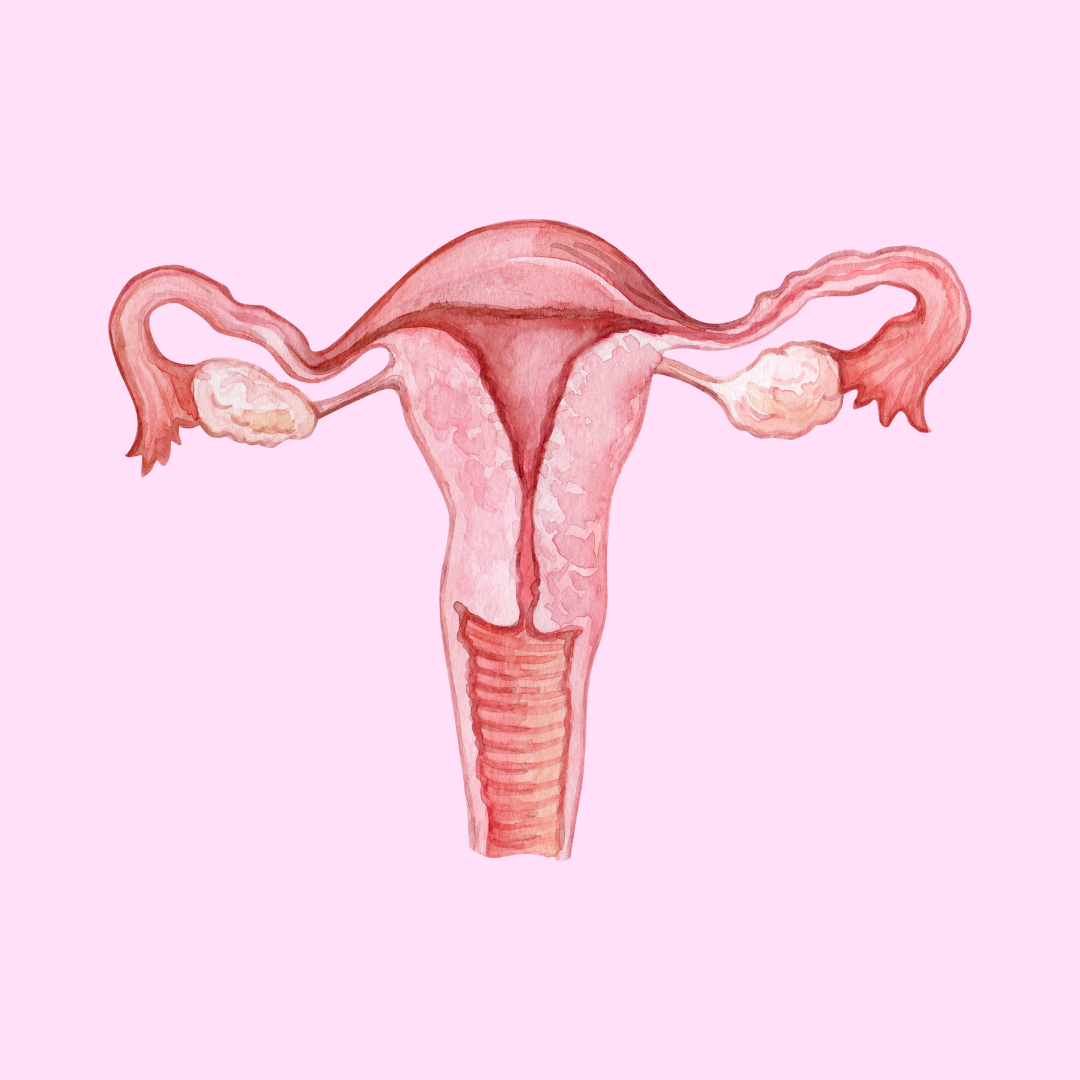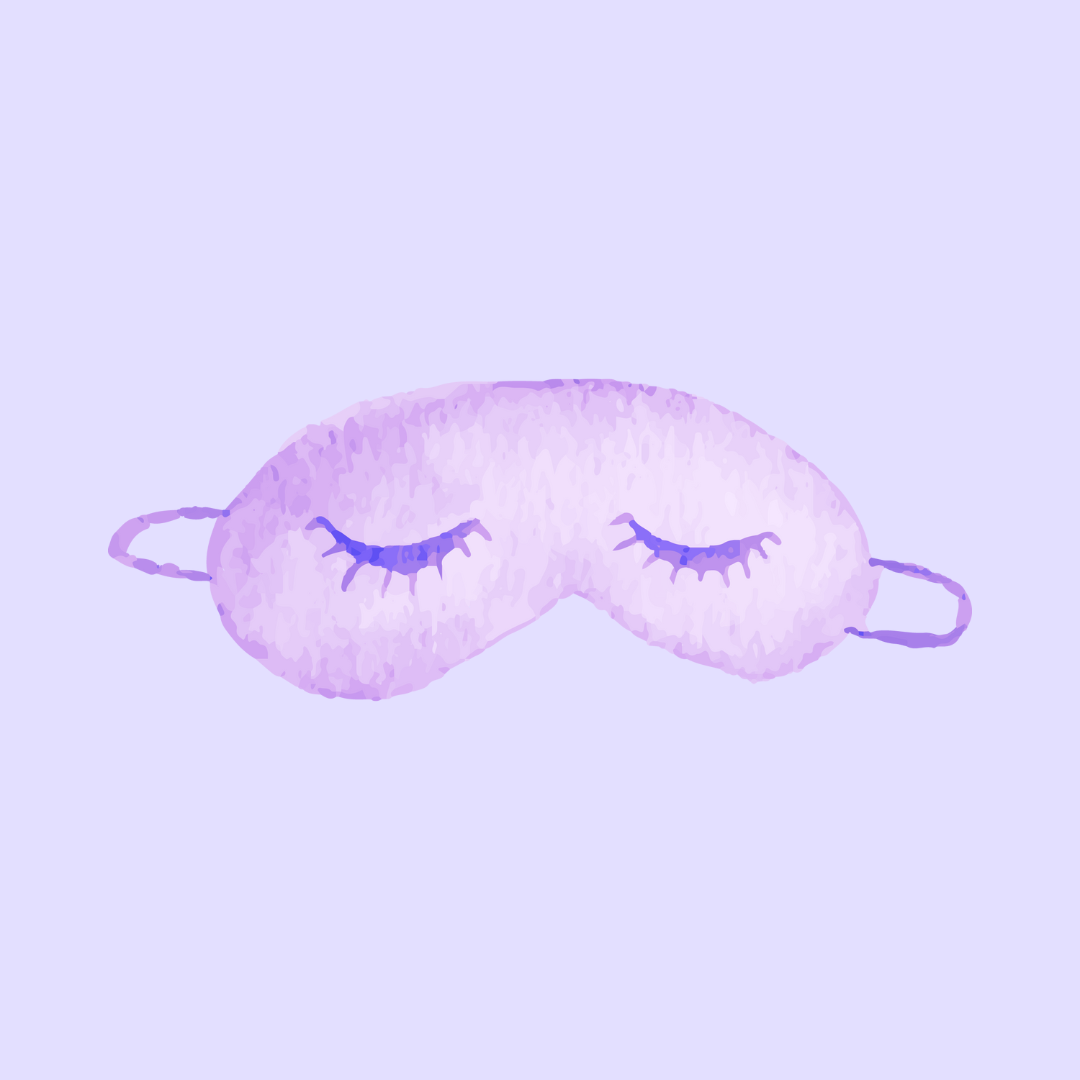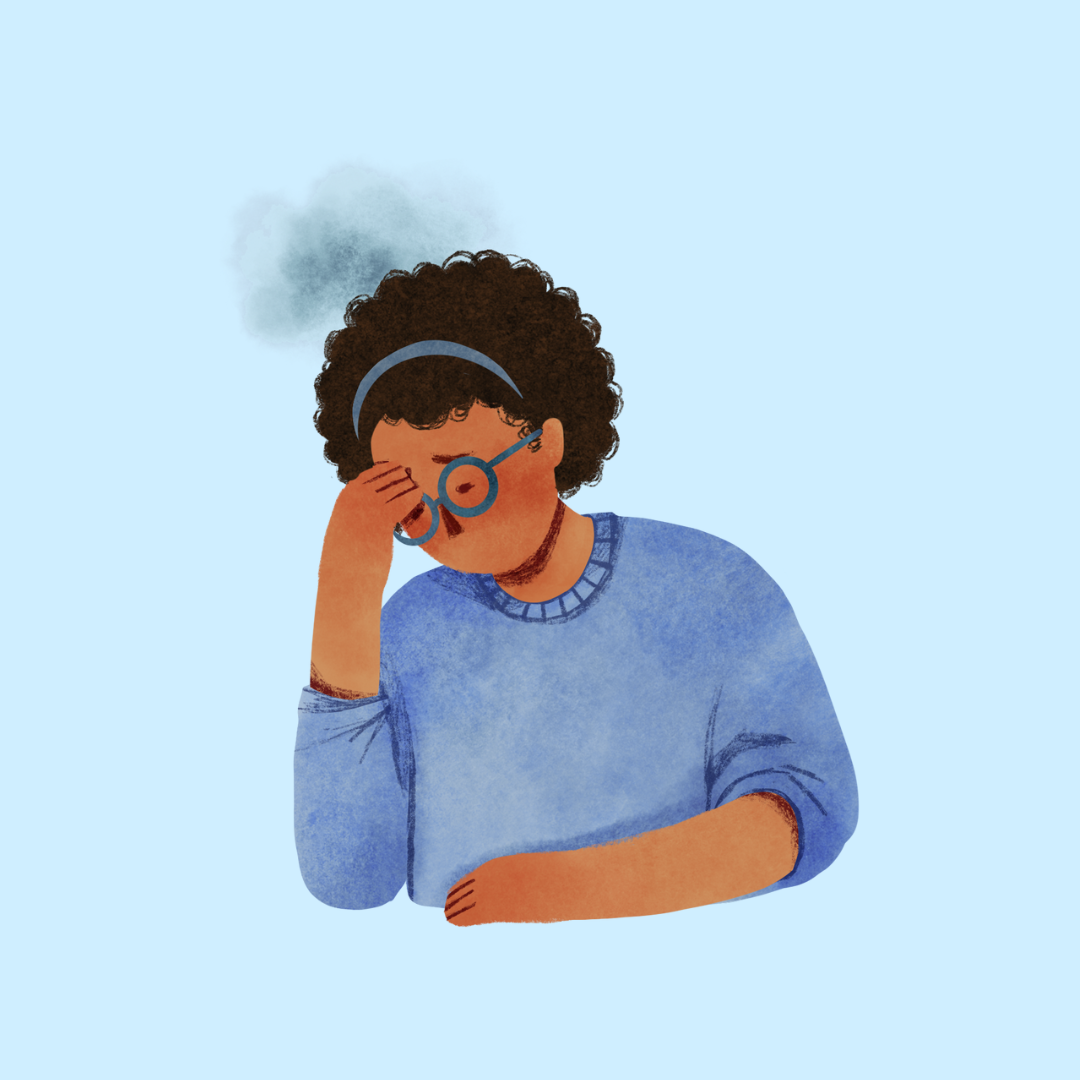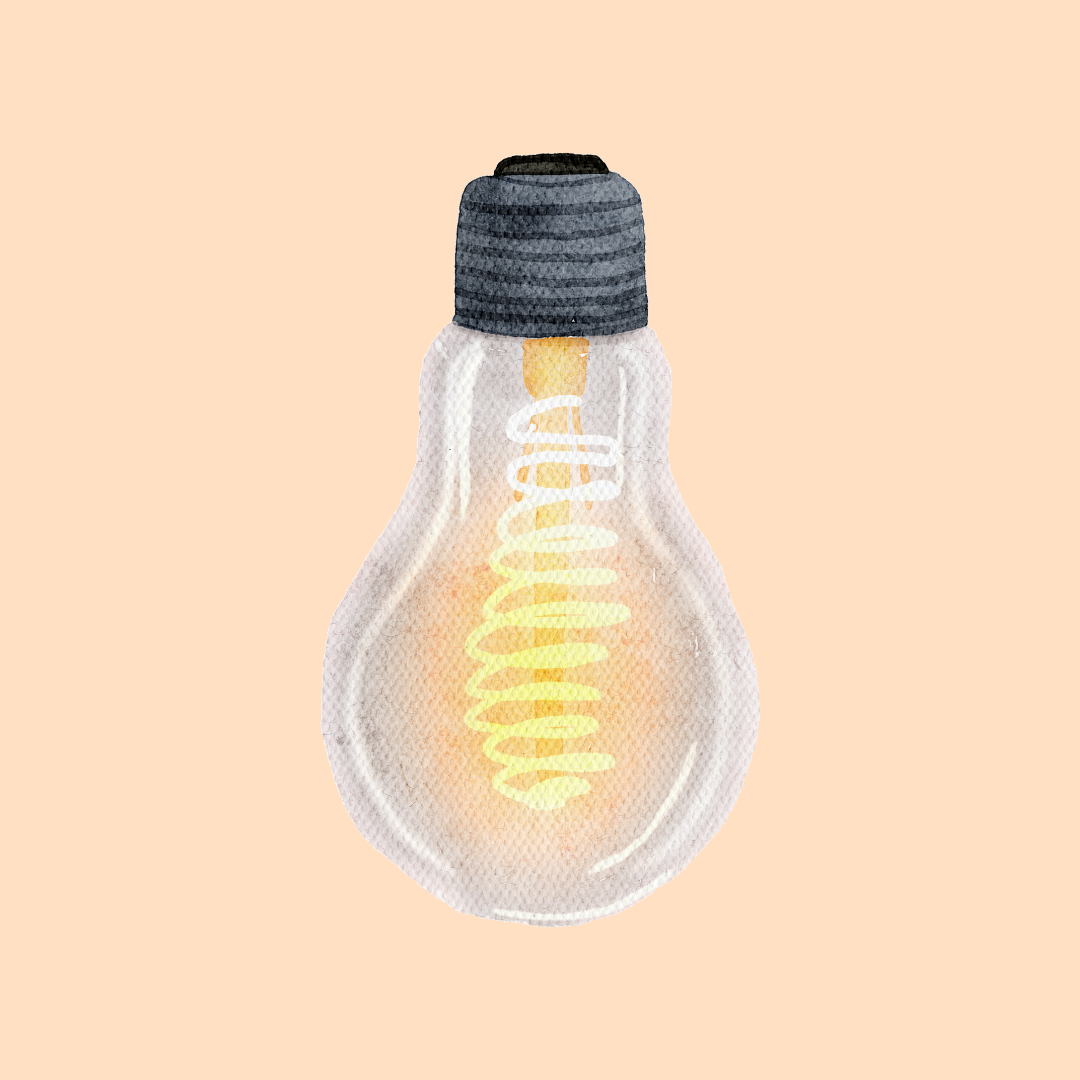7 Common Seizure Triggers
July 16, 2025

Seizures can be triggered by a variety of factors, some of which are common to many people with epilepsy. While it's impossible to avoid all potential triggers, understanding and managing the most common ones may help reduce the frequency of seizures. In this blog post, we will explore seven of the most common seizure triggers and provide some useful tips on how to manage them.

1. Hormone changes during the menstrual cycle
Hormonal changes, particularly those that occur during the menstrual cycle, can trigger seizures in some women. This phenomenon, known as catamenial epilepsy, is thought to be linked to the fluctuating levels of hormones called estrogen and progesterone during the menstrual cycle. Estrogen tends to excite brain cells, potentially triggering a seizure, while progesterone can have a protective effect. Managing this trigger may involve tracking your menstrual cycle along with seizure patterns and discussing this information with your healthcare provider.
A handy tool
It can be hard to keep track of seizures without a record. Human Health is a free mobile app that helps you track symptoms such as seizures daily and see how they change over time, as well as any treatments or interventions you may be using.You can download the app here, or by searching for ‘Human Health’ on the App Store or Google Play.

2. Over-the-counter medications
Some medications that are available without a prescription may trigger seizures in people with epilepsy. A medicine called diphenhydramine has been linked to seizures, a drug that is commonly found in cold, flu, and allergy treatments. To avoid triggering a seizure by using over-the counter medications, it’s important to consult your healthcare practitioner before starting any new treatments, including natural/herbal medicines or medicines you can buy without a prescription.

3. Alcohol
Heavy drinking can lead to alcohol-withdrawal seizures. These seizures typically occur 6 to 72 hours after stopping drinking and are especially common in people with a history of alcohol dependence. To manage this trigger, avoid excessive alcohol consumption and seek help if you struggle with alcohol dependence.

4. Lack of sleep
Sleep deprivation is a well-known trigger for seizures. It disrupts the normal patterns of brain activity, which might lead to a seizure. Maintaining a consistent sleep schedule, practicing good sleep hygiene, and addressing any underlying sleep disorders can help manage this trigger.

5. Stress
Experiencing stress, over both short or long periods of time, can trigger seizures in some people. The body's response to stress involves the release of chemicals in the body that can provoke seizures. Techniques such as mindfulness, yoga, and other forms of stress management may be beneficial in reducing stress.

6. Flashing lights
Photosensitive epilepsy is a condition where seizures are triggered by flashing lights or contrasting light and dark patterns. If you're sensitive to these triggers, it may be helpful to avoid exposure to flashing lights, use computer screens with caution, and wear polarized sunglasses outdoors.

7. Missed doses of anti-seizure medication
Missing doses of anti-seizure medication may increase the risk of a seizure. These medications work by stabilizing the electrical activity in the brain to prevent seizures. If the medication is not taken as prescribed, it may lead to an imbalance in the brain's electrical activity, triggering a seizure. It's crucial to take anti-seizure medications as directed by your healthcare provider and not to miss doses.
.png)
Conclusion
Understanding your triggers is a crucial first step in managing epilepsy. Although the triggers mentioned above are common, each person with epilepsy is unique, and their triggers can vary. Therefore, it's essential to work with your healthcare provider to identify your specific triggers and develop a plan to manage them.
Remember, while managing triggers can help reduce the frequency of seizures, it is not a replacement for anti-epileptic medication. Always consult with your healthcare provider before making any changes to your treatment plan.
Resources
Epilepsy Foundation: Common seizure triggers
This is a div block with a Webflow interaction that will be triggered when the heading is in the view.










.jpg)





.png)

